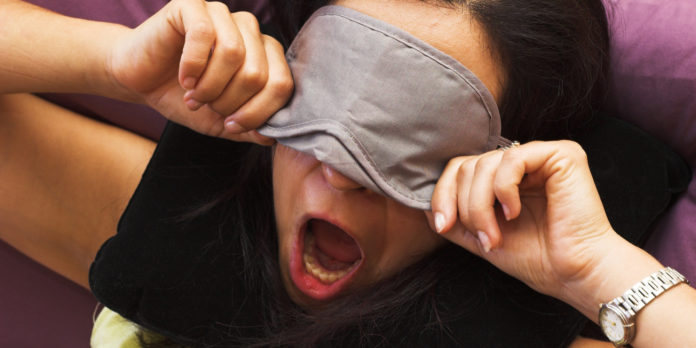Jet lag is a dragno matter which direction you wing. But did you know the experience is usually worse after you’ve traveled east than after you’ve moved west?
Frequent travelers have recognized this result for quite some time. Your body’s internal clock naturally follows a cycle that’s somewhat longer than 24 hours, at about 24.5 hours long. Traveling west across time regions gives your body the extra time it naturally wants in a period, while winging east shortens the day and makes it harder to adjust, as the Washington Post explained in 2012. Whoa .
And now, we have even more insight on the science behind airplane lag recuperation, thanks to new research in the scientific publication Chaos.
Scientists from the University of Maryland set out to understand how the cells in your brain’s Suprachiasmatic Nucleus respond to travel, as they’re responsible for controlling your circadian rhythm.
In a new time region, “the brain’s … pacemaker cells cannot instantly establish a rhythm appropriate to the new time-zone, ” the researchers explain. They created a mathematical simulate to better understand how quickly these cells can adjust.
After much modeling( AKA lots of complicated math ), the scientists demonstrated what travelers have known for years as mathematically true-life: Your brain cells should indeed take longer to adjust after winging east since they are naturally tend to follow a cycle that’s about 30 minutes more than 24 hours long, and that 30 -minute difference offer an advantage for cell recuperation if you’re traveling west.
Researchers likewise estimated that it would take about six periods removed from a westbound trip-up across six time regions, but about eight periods removed from an eastbound trip-up across the same number of time regions. This means you’ll likely spend about two more periods seeming dazed, confused and sleepy after traveling from NYC to Rome than after attaining your return trip-up. Yikes.
Keep in mind these are simply the scientists’ estimates, and they haven’t been tested in experimentations yet. But the information is all the more reason to stay hydrated, bring snacks and squeeze in a workout to reduce the airplane lag struggle on your next trip.
Happy travellings!
Read more here: http :// www.huffingtonpost.com /~ ATAGEND







